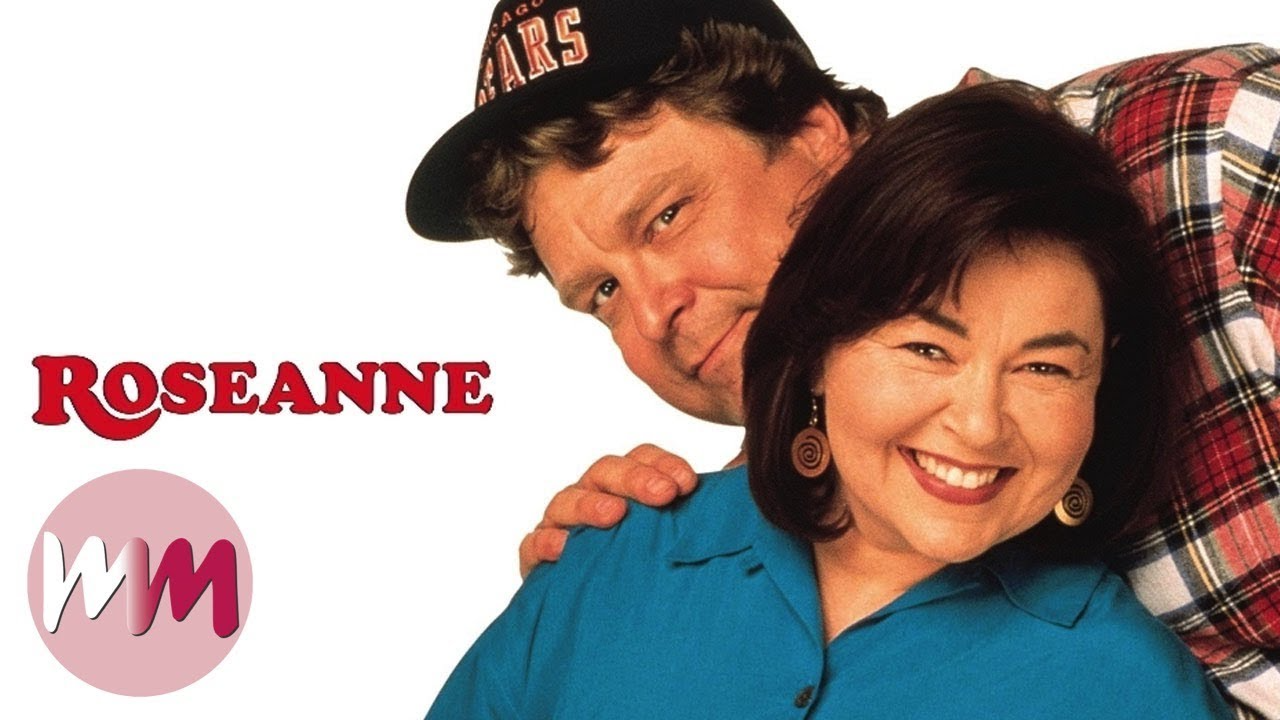
When Roseanne premiered in 1988, it was like nothing television had seen before. At a time when sitcoms were filled with perfect, picture-perfect families living in suburban bliss, Roseanne introduced a different narrative—a realistic, sometimes uncomfortable, but always relatable depiction of working-class America. The show didn’t sugarcoat the challenges families face, whether it was financial struggles, parenting dilemmas, or marital tension. The Conner family, led by the sharp-tongued and no-nonsense Roseanne Conner, resonated with audiences, breaking new ground in both family storytelling and comedic style.
But Roseanne wasn’t just groundbreaking because of its realism. It tackled social issues head-on, used humor to spark conversations about gender roles, politics, and class, and, at the same time, provided the heart and warmth that viewers craved from a family sitcom. How did Roseanne change the television landscape? Let’s take a deeper dive into how the show redefined family dynamics and humor forever.
The Realities of Family Life
Unlike the idealized families of other sitcoms, Roseanne was rooted in the truth of working-class struggles. Roseanne Conner, played by Roseanne Barr, wasn’t a perfect mother. She wasn’t always sweet, and she didn’t pretend to have all the answers. The show opened the door to depicting families in a more raw and honest way. The Conners faced issues that many viewers could relate to: balancing tight budgets, dealing with teenage rebellion, facing marital problems, and the everyday stress that comes with keeping a family together.
What made this portrayal so unique was that Roseanne didn’t shy away from showing the complexities and imperfections of family life. The show took on serious topics like finances, parenting challenges, and personal disappointments, but it balanced it with humor, making these real struggles accessible and relatable. Roseanne’s sarcasm, wit, and bluntness helped lighten the load, making viewers laugh even when the issues at hand weren’t so easy to laugh at.
Social Commentary through Humor
Another standout feature of Roseanne was its social commentary. The show didn’t simply entertain—it educated and sparked conversation. Whether it was about politics, gender roles, or the struggles of working-class America, Roseanne made viewers think, often in unexpected ways.
One of the most powerful aspects of the show was how it depicted gender dynamics. Roseanne wasn’t just a housewife; she was a woman who worked outside the home, held her own in her marriage, and fought for what she believed in. She was unapologetic about her feminism, though it wasn’t always overt. Her relationship with her husband, Dan (played by John Goodman), was built on equality and mutual respect, even though they often bickered and disagreed. They weren’t a perfect couple, but they were real, and that was what made their relationship so compelling.
The show also tackled sensitive topics such as LGBTQ+ rights, including a groundbreaking moment when Roseanne’s character addressed the issue with her daughter Becky’s boyfriend being openly gay. These moments of social consciousness were done with the show’s characteristic humor, but they helped normalize conversations that were often avoided in mainstream TV at the time.
The Significance of Roseanne Barr
While the characters and the writing were undeniably important, the success of Roseanne was also heavily tied to the performance of its star, Roseanne Barr. As the creator, executive producer, and lead actress, Barr’s portrayal of Roseanne Conner became iconic. She wasn’t the stereotypical “mom” of sitcoms in the late ’80s—perfect, warm, and endlessly patient. Instead, she was sharp-tongued, funny, and deeply relatable in her flaws.
Roseanne Barr’s offbeat sense of humor and fearless approach to taking on tough topics turned her into a pop culture icon. Her portrayal of Roseanne was revolutionary for women on television, showing that a woman could be both tough and vulnerable, funny and serious. Barr’s role in making the character so memorable goes beyond the laughs—she became the face of a feminist, working-class movement in entertainment.
The Legacy of Roseanne in Pop Culture
Even though Roseanne ended in 1997, its legacy has endured for decades. The show continues to be revered for its unapologetically bold storytelling and its ability to entertain while making a statement. Its influence can be seen in the structure of many modern sitcoms, which now frequently feature more complex and nuanced depictions of family life.
Shows like The Middle, Superstore, and The Goldbergs have taken a page out of Roseanne‘s book, focusing on working-class families and making comedy from the difficulties of everyday life. But no show has quite captured the raw humor and biting honesty that Roseanne did.
In 2018, the revival of Roseanne was an undeniable testament to its lasting appeal. Although the revival was met with controversy, especially surrounding Barr’s personal views, it was still evident that the show’s fans were eager to see the Conners back on their screens. The revival brought a new layer of relevance to the show, reflecting how the Conners—while facing different challenges—were still the same flawed, funny family viewers had come to love.
Conclusion
Roseanne wasn’t just a TV show; it was a cultural revolution. It opened the door for more honest, authentic depictions of family life, offering viewers an unfiltered glimpse into the struggles, joys, and realities of the working class. The show tackled important social issues, portrayed complex characters, and was unafraid to dive into controversial topics, all while making us laugh. The legacy of Roseanne is still felt today, in the shows that followed and in the hearts of fans who grew up watching the Conners navigate life’s ups and downs. Roseanne will always be remembered as a game-changing sitcom that changed the landscape of television comedy.
